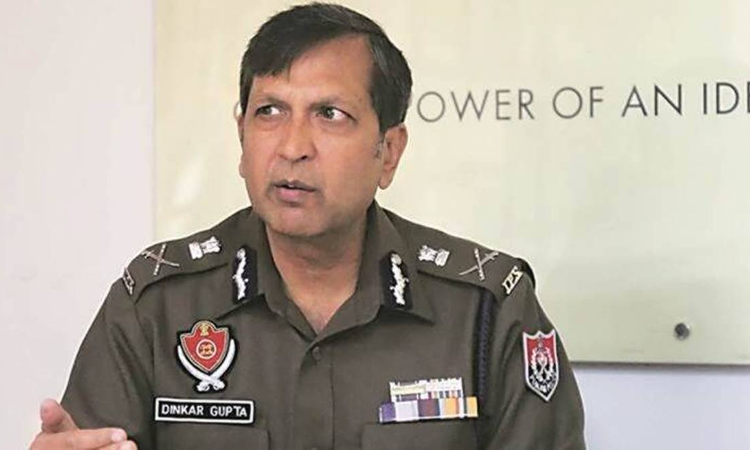Supreme Court Hears Challenge Against Dinkar Gupta's Appointment As Punjab DGP
Shruti Kakkar
14 Sept 2021 6:50 PM IST

Next Story
14 Sept 2021 6:50 PM IST
While hearing two special leave petitions against the Punjab and Haryana High Court's order of upholding the appointment of Dinkar Gupta as the Punjab DGP, the Supreme Court today observed that core policing areas might vary from state to state. "Each state has its own policing areas. Punjab is a border state. The policing areas in Madhya Pradesh might not be the same as that...
